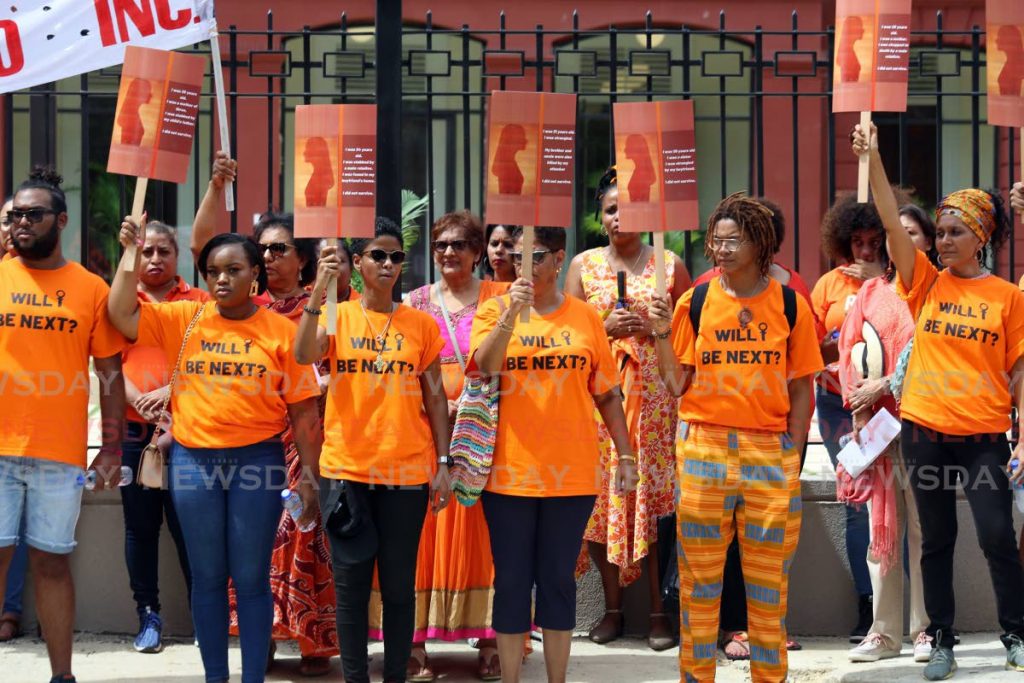A call for help

Having embraced the need to adapt the police response to cases of domestic violence, Commissioner of Police (CoP) Gary Griffith got a taste last week of the challenges that endangered women face in this country when he found himself in a particularly unrewarding conversation with the operator of a hotline for victims of domestic violence.
A woman, beaten at her Port of Spain home, had called the hotline only to be told that the resource was busy and she was asked to call back. That alone was shocking news. But when Griffith called the hotline himself, he got no apologies for what had to be an error in judgement. Instead, he was told by the hotline's coordinator that he "needed to understand how it works."
How it seems to work is that a desperate woman seeking help was turned away by a government-funded service, set up to help her in exactly the situation she found herself in. That victim might not have been able to call back, not least because the situation might have escalated into a fatality. The CoP was right to be upset about the situation. No right-thinking person could avoid both anger and worry at the possible collapse of a critical vector in the response to domestic violence.
To his credit, the CoP has taken the step of creating a Gender-Based Violence Unit (GBVU) in the Police Service. It is led by Shireen Pollard and is mandated to improve the police response to reports of domestic incidents.
The CoP has called on the public to be more proactive in its reporting of domestic violence, which he must know is a tall order given the historical indifference of uniformed officers to what they would routinely dismiss as "family business." The initiative by the leadership of the service to fundamentally change the scope and ambitions of their policing and to improve the sensitivity of line officers to domestic violence is a major course change pushing against decades of institutional inertia. But it's a change that must come.
In November 2018, Gender Minister Ayanna Webster-Roy noted that for the preceding months of that year, there were 845 recorded incidents of domestic violence, 665 of which were perpetrated against women. Between 2010 and 2015, the TTPS fielded 11,441 reports of domestic violence, 75 per cent of which were female victims. Of the 131 deaths that resulted, 56 per cent were women.
It's unacceptable that a critical point of intervention in any successful civil response to all this violence, a call for help, should be met with indifference.
The CoP has an opportunity to press his officers into showing how it should be done.


Comments
"A call for help"